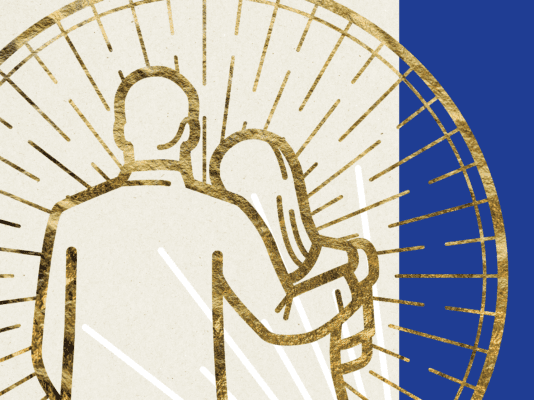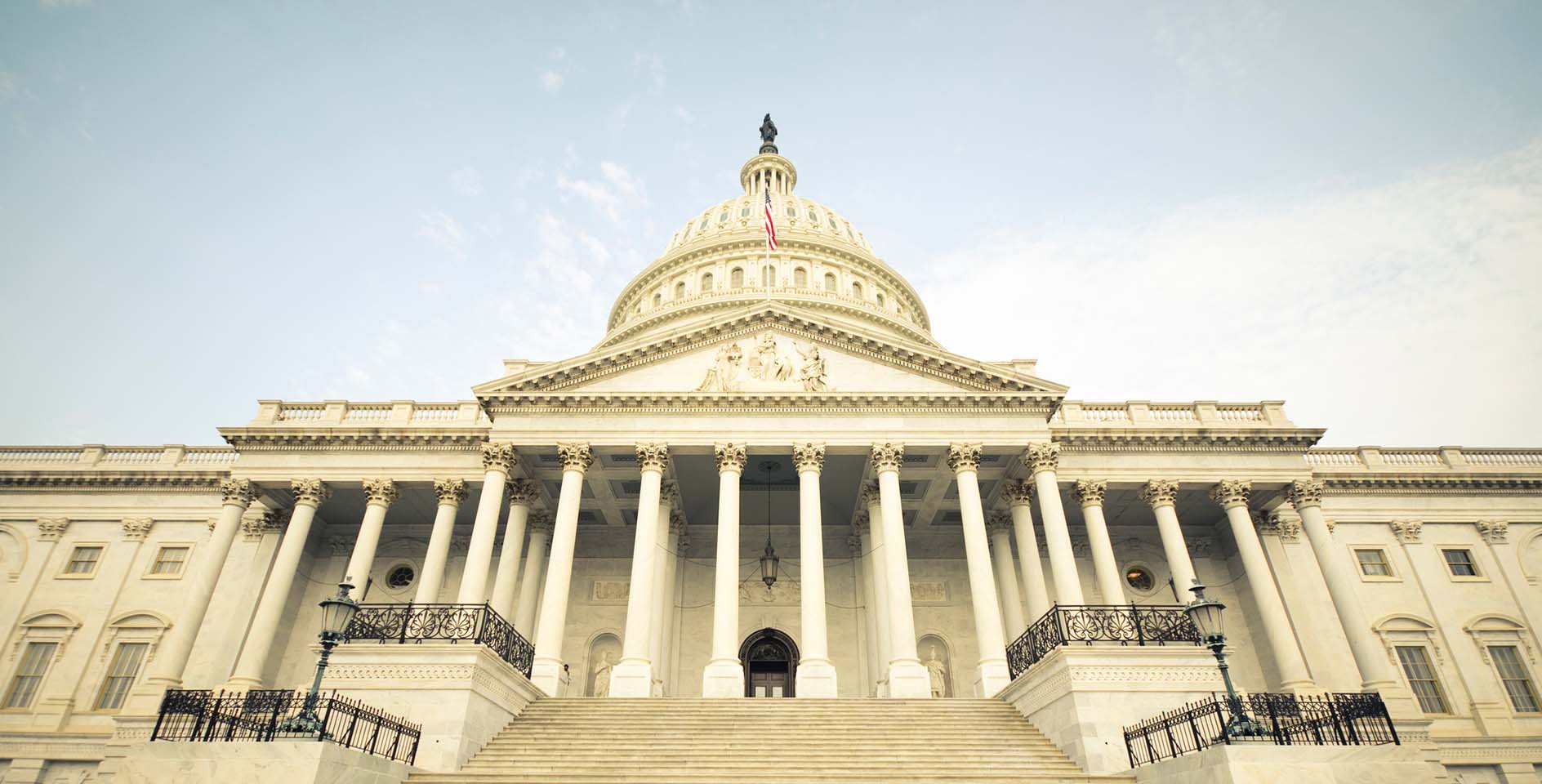We are living in the midst of an unprecedented sexual revolution, one that presents particular challenges to Christians and those committed to religious liberty. British theologian Theo Hobson has observed that there can be no third way for the Christian church on the issue of homosexuality. Churches will either affirm the legitimacy of same-sex relationships and behaviors or they will not. According to Hobson, the sheer speed of this revolution’s success, its ability to paint those who will not join it as morally deficient and intolerant, and its power to completely turn the moral tables threaten to shake the very foundations of the Christian church.
But the Christian church is not the only institution the sexual revolution has in its crosshairs. Christian higher education is also under tremendous pressure. The religious liberty challenge we now face places every religious educational institution in the arena of conflict where erotic liberty and religious liberty now clash. Marc D. Stern of the American Jewish Congress, for example, has aptly recognized the challenge same-sex marriage would represent in regard to American religious liberty on the campuses of religious colleges. He sees the work of religious institutions as inevitable arenas of legal conflict.
This threat, of course, poses no danger to theological liberals and their churches and educational institutions because those churches have accommodated themselves to the new morality and find themselves quite comfortable within the context of the new moral regime. But faithful Christian colleges and universities will face the immediate threat of being further marginalized in the larger culture. Some will be threatened with the denial of accreditation and labeled outlaws simply because they remain true to historic Christian conviction and biblical orthodoxy.
Many religious institutions, especially colleges and schools, are now regularly confronted by the demand to surrender to the sexual revolution with regard to nondiscrimination on the basis of sex, sexual behavior and sexual orientation pertaining to admissions, the hiring of faculty and student housing. In some jurisdictions, lawmakers are contemplating hate crime legislation that would marginalize and criminalize speech that is in conflict with the new moral consensus.
Furthermore, colleges and schools have been challenged concerning their own internal policies and student discipline when it comes to the application of convictional moral principles in the lives of students. For that matter, the courts are soon to see an avalanche of cases related to employees in these schools that challenge the rights of Christian and other religious organizations to hire and fire on the basis of religious principles and teachings.
Yet the law is not the only instrument of legal coercion. Coercion can come in regulations undertaken by voluntary associations, as these generally follow the lead set by legislators. Religious colleges and universities participating in intercollegiate athletics are likely soon to discover that groups such as the NCAA will come under pressure to exclude any institution that discriminates on sexual orientation from participation. Accrediting agencies, some of which have long struggled to accommodate Christian institutions within their existing nondiscrimination policies, will come under increased pressure to eliminate from membership any school that discriminates in any way on the basis of sexual orientation in the admission of students, the discipline of students, student housing, and the hiring of faculty. Ominously, one respected Christian college, Gordon College near Boston, Mass., has been officially notified of a review by its accrediting agency (the New England Association of Schools and Colleges’ Commission on Institutions of Higher Education) over this very issue. Other schools are soon to receive the same kind of scrutiny.
As the sexual revolution completely pervades the society, and as the issues raised by the efforts of gay liberation and the legalization of same-sex marriage come to the fore, Christians now face an array of religious liberty challenges that were inconceivable in previous generations. Nowhere is this more evident than the challenge presented to us by the transgender revolutionaries. Recent controversies at California Baptist University and Azusa Pacific University demonstrate the vexing dimensions to this challenge.
In the case of Azusa Pacific University, a female professor and former chairman of the theology department announced her intention to become a man. She was shocked when the Christian university found her announcement incompatible with its moral code. Just a few days later, California Baptist University in Riverside made national headlines when the school discovered that a male student had appeared in the media claiming a new identity as a young transgender woman. Given California law and the government’s nondiscrimination policies, both institutions needed to play legal defense. Furthermore, both schools are accredited by regional agencies that have their own nondiscrimination policies. The transgender revolution poses a unique set of challenges related to admission, hiring and housing for schools. Of course, these challenges will only escalate as the transgender revolution escalates.
We now face an inevitable conflict of liberties. In this context of acute and radical moral change, the conflict of liberties is excruciating, immense and eminent. In this case, the conflict of liberties means that the new moral regime, with the backing of the courts and the regulatory state, will prioritize erotic liberty over religious liberty. Erotic liberty has been elevated as a right more fundamental than religious liberty. Erotic liberty now marginalizes, subverts and neutralizes religious liberty—even on the campuses of America’s Christian colleges and schools.
The new moral revolution is seriously threatening the religious liberty of these schools and their right to be Christian. Religious schools are in the conflict whether they like it or not. If they are going to survive, they are going to have to stand. They are going to have to stand on the same authority that faithful, orthodox Christians have been standing on for the last 2,000 years. They are going to have to stand with conviction, courage and compassion as they speak truth in a world that wants them silenced.
This article was featured in our inaugural issue of Light Magazine. Visit the ERLC store to download Light for free and discover more resources.










